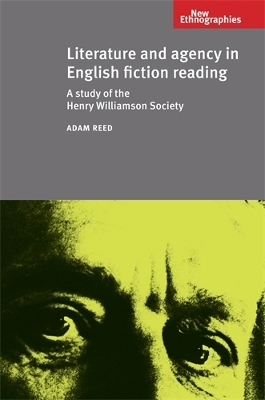Studies in Book & Print Culture
1 total work
This book represents the first anthropological study of fiction reading and the first ethnography of British literary culture. It is the outcome of long-term engagement with a set of solitary readers who belong to a single literary society. These men and women celebrate the works of the now often forgotten twentieth century novelist & nature writer Henry Williamson (note: this is not a biography or critical study of the works of a single author). Attention falls on the outcomes of the event of reading, on the agencies that readers identify in the vicinity of literature and on the kinds of literary artefacts (books, land & pasts) these claims reveal. Williamson readers took my inquiries as an invitation to reflect upon the nature of persons and human communication, the form and ownership of mental states, history and the causes of conflict, memory, home, familial relations, the changing state of the British environment and the uses of creativity. While the approach of the book is distinctly anthropological, it operates at the margins of several disciplines, contributing to debates in literary criticism and reception theory, in the history of the book and history of reading, in sociology of literature and cultural studies. In addition to offering an anthropological perspective on a subject traditionally dominated by other disciplines, the book aims to open and extend existing discussion about the relationship between anthropology and literature. It calls for the emergence of approaches grounded not just in textual analysis but also critically in ethnographic interventions with specific literary subjects and literary fields.
